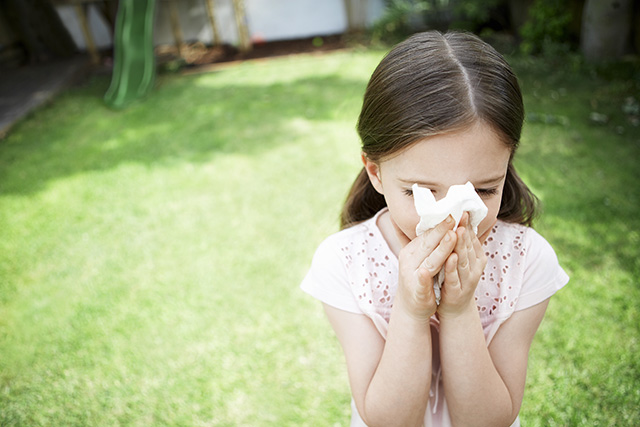ALLERGIES AND MENTAL ILLNESS.
Posted by Improving Lives Counseling | Articles

Spring – with its budding trees, flowering plants, and warm temperatures, yields high humidity, invading pollen, sneezing, coughing, watery eyes, and a headache which lingers day and night; welcome to seasonal allergies. Beyond the physical pain and discomfort, there is a connection between allergy symptoms and mental health. The stuffy nose, sneezing, and watery eyes help to remove the invading pollen – an allergic reaction which begins in the immune system and reacts to foreign invaders. Symptoms of this allergic reaction range from mild to severe and can be a risk factor for developing emotional and mental health disorders. The connection between allergy symptoms and mental health include: fever, stress, anxiety, depression, and sleep deprivation. Improving Lives Counseling Services’ team of professionals diagnosis and treat the mental and emotional disorders associated with seasonal allergy symptoms.
Allergy sufferers often experience sleep deprivation, feeling tired, sluggish, and not fully alert. Antihistamines can leave them drowsy, dizzy, and confused. “Research shows there is about a doubling of risk for depression in a person suffering from chronic allergies. In practice, allergy-connected mood changes usually boil down to mild depression symptoms, like feeling sad, lethargic, and fatigued. Allergies can make symptoms even worse in a person with clinical depression.” The chronic sneezing and wheezing can trigger hyperactivity and psychotic episodes, creating confusion, low self-esteem, and self-denial in the sufferer. Some people say they’re more likely to cry during allergy season.
Studies show problems created by allergies often produce a multitude of physical and mental systems which affect the body and the mind. Researchers report symptoms of ADHD, autism, and chronic fatigue in some allergy sufferers. “Not to say all people with allergies have depression or suffer a mental disorder but experiencing allergic reactions does seem to be a risk factor for developing depression – not necessarily the emotional side of the condition, but more physiological symptoms.”
There is a real, sometimes dangerous, emotional toll on chronic allergy sufferers. Seasonal allergy triggers can affect school, work, home, and family. The constant sneezing leads to consistently explaining, “I’m not contagious; it’s just my allergies.” The sore throat, fever, immobility, and blurry vision are physiological symptoms, which can trigger symptoms of an emotional or mental disorder. “Large-scale population studies suggest that allergy sufferers are roughly twice as likely to have depression as people without allergies.”
It’s important for diagnosis and treatment to be sought for both the body and the mind. Improving Lives Counseling Services treats children, adolescents, teens, adults, and seniors experiencing the psychological symptoms and side-effects of seasonal allergies. The season is a long one. Our team of counselors and therapists can help. Call us to learn more.
